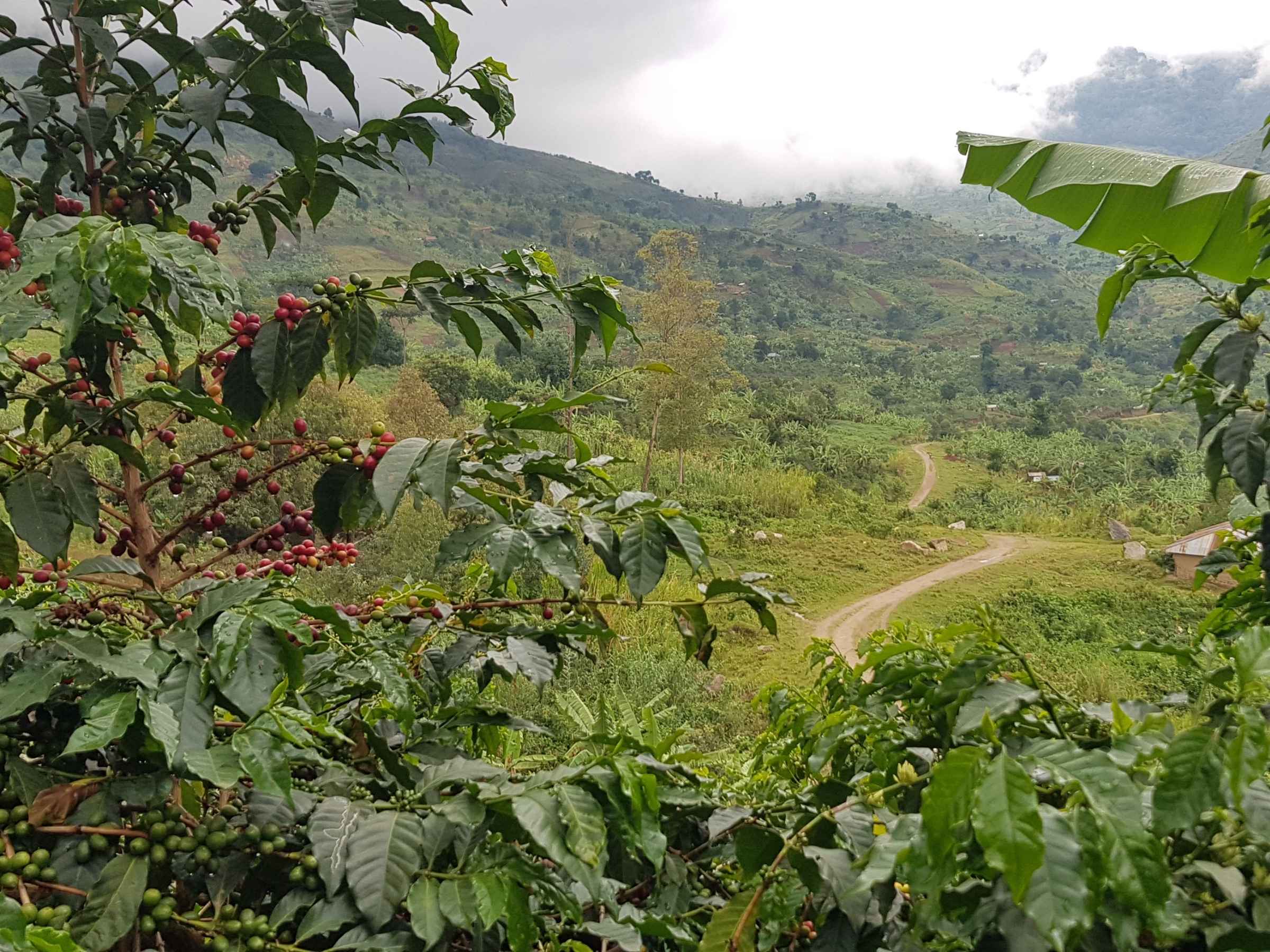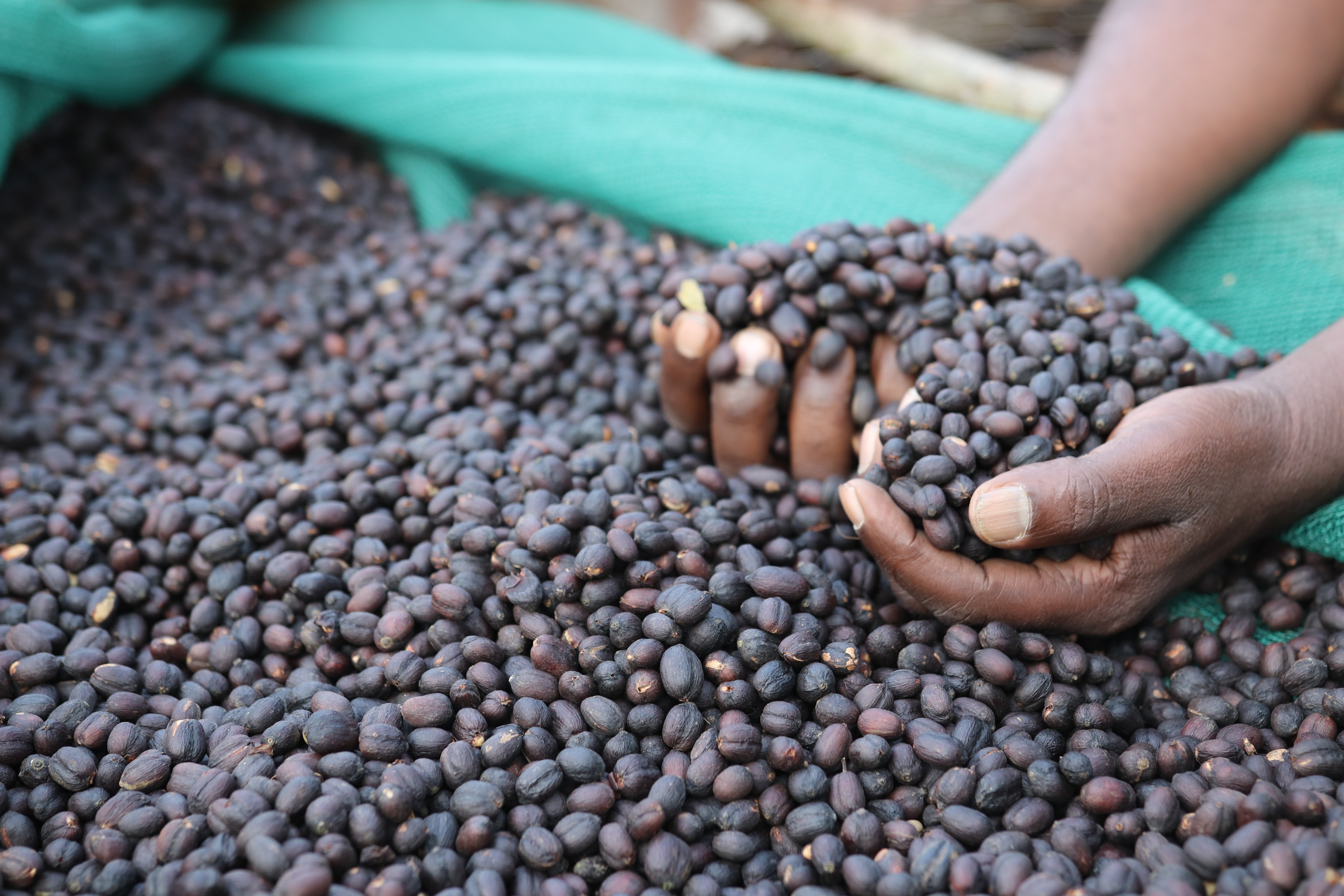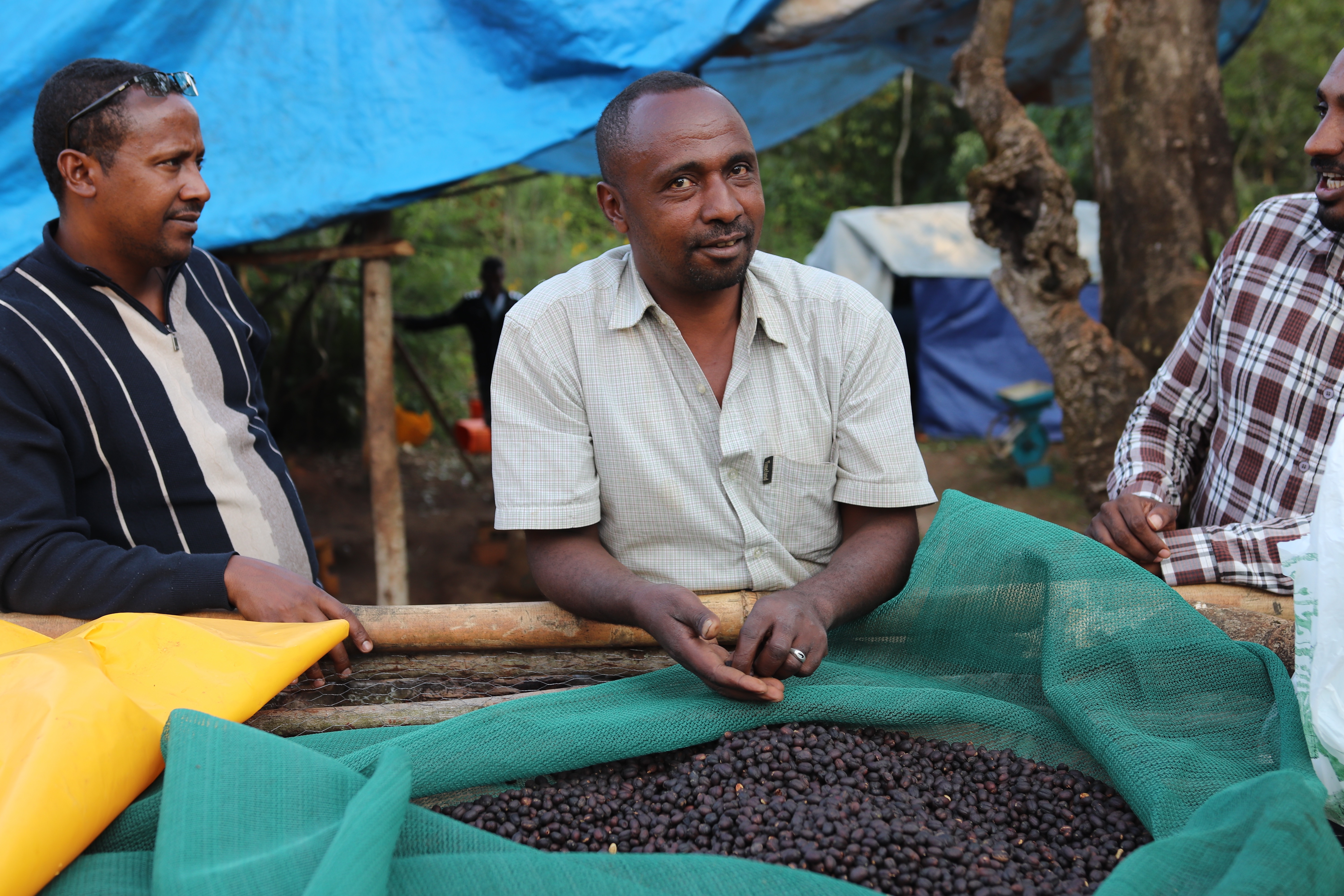Excellence doesn’t come in a £4 wine bottle (Or a cup of cheap coffee)
Thoughts from our Head Roaster Jamie Tanner
A question that comes up regularly in our coffee shops is about price. The inevitable comparison often follows: "I can go to Waitrose and buy a bag of Kenyan coffee for £4.75, so why should I buy your Kabira Lot 2 from Ethiopia for £10.50?"
It's a fair question. And honestly, if people don't understand the intricacies of coffee and what drives quality pricing, that's on us. We haven't done our job properly in sharing the story. So let’s take the opportunity to bridge that gap.
The wine market offers a perfect comparison point.
While it's a couple of hundred years ahead of coffee in terms of consumer understanding, the quality tiers work in remarkably similar ways.
Walk into Waitrose today and you can buy a bottle of regional Italian wine for £5.75. There's nothing wrong with this wine – it's perfectly drinkable. But it is ‘regional’, meaning it's a blend of grapes from many different farms across Italy, prioritising consistency and volume over distinctive taste.
On the premium wine shelf, you might find a bottle of Pinot Grigio from the specific vineyard St Michael-Eppan for £15. This bottle tells a story – it comes from a particular place, made by people you could name, using grapes grown in specific soil conditions. This means more expression, more nuance, and ultimately more interesting flavours.


Coffee has its own quality divide.
The coffee world works similarly with two main quality levels: Commodity and Speciality.
Coffee is graded out of 100 points. Anything scoring 80 or above qualifies as Speciality. This Speciality coffee classification means much more than just a number – it encompasses sustainability, community support and transparency at every stage of the product's journey.
Anything below 80 points falls into the Commodity sector. These coffees are traded as stock market commodities and inevitably make up those ‘regional’ blends you see on supermarket shelves – like that £4.75 Kenyan coffee.
Meet Mustefa and his coffee.
Our Kabira Lot 2 from Ethiopia scores 87 points and comes from a single producer: Mustefa Abakeno, who runs the Kabira drying station in Jimma. We buy Mustefa's coffee through Falcon Speciality, a trusted, ethical importer we've worked with for many years. Our purchasing decision, along with those of other specialty roasters, directly supports Mustefa and his local community.
Our Kabira is not going to be 100 times better than that regional Kenyan coffee. But we can guarantee it will be more nuanced and interesting to drink, with the added satisfaction of knowing the coffee has been grown, sourced and roasted responsibly, with complete transparency about its journey from farm to cup.

When you choose speciality coffee, you're not just investing in flavour.
The flavour difference is real and remarkable. But you're also investing in people like Mustefa, in sustainable farming practices, and in a supply chain that values quality over pure volume.
Every coffee has its place. That £4.75 regional coffee can be perfectly enjoyable for your everyday cup. If you're curious about exploring the deeper stories behind coffee – the craftsmanship, the community connections, the unique flavours that come from specific places – we'd love to share that journey with you through our carefully selected beans and help you discover what makes each coffee stand apart.
After all, just like that bottle of wine from a selected vineyard, sometimes it's worth paying a little more to taste the difference that care and expertise can make.

